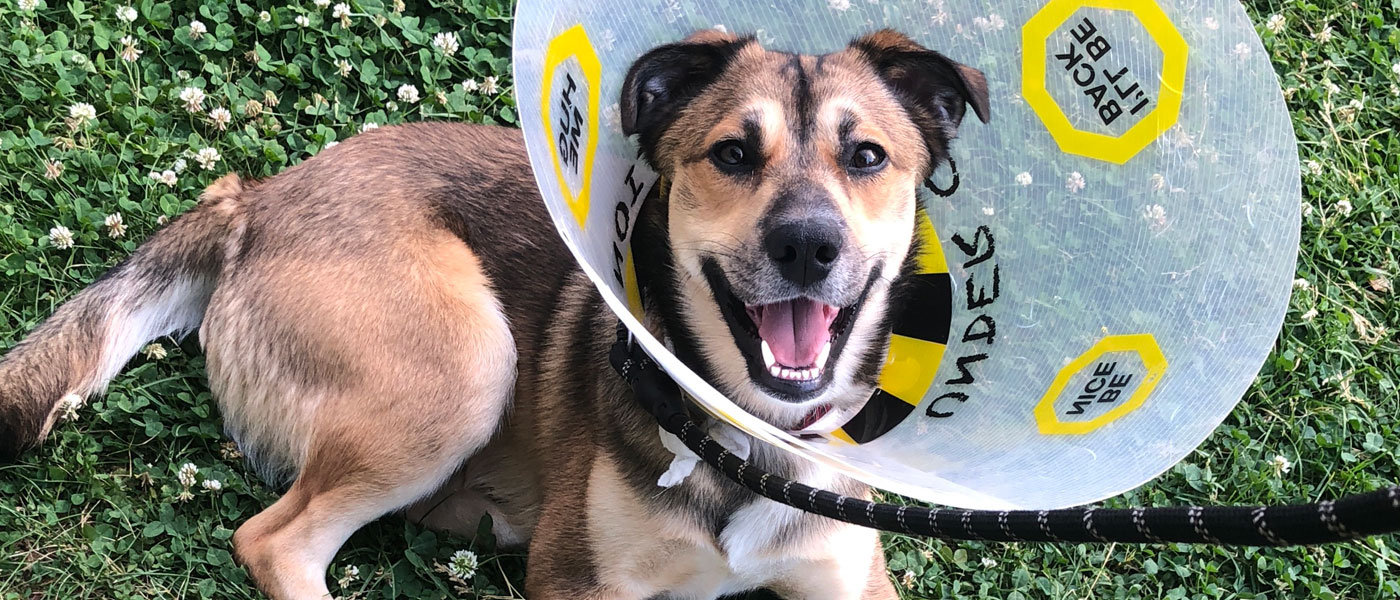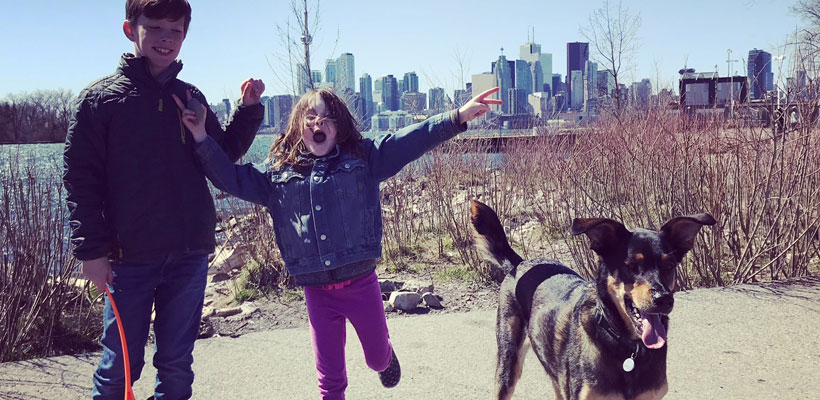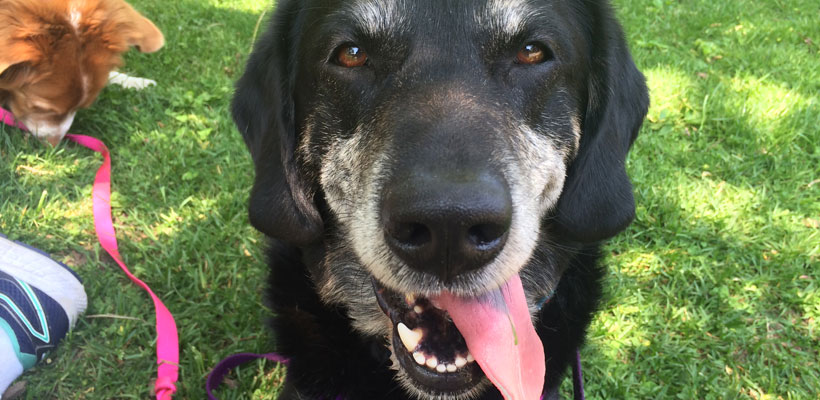
A lot of rescue organizations tell you not to rush into formal training with your new dog -- and they're right!
Your dog needs time and space simply to adjust to their brave new world.
Other rescue organizations might tell you to see a trainer within the first week, and they're right too!
You may need expert guidance immediately.

Rescue dogs commonly have adjustment issues, like difficulty being leashed, fear of household members, insecure or anxious attachment, interrupted sleep, traffic trepidation, fear of going indoors or out, upset appetites, startling at noise, and more.
Besides advice on adjustment issues, we teach low pressure bonding games that build confidence and attachment.
And 'Ready, Rescue, Go' is great prep for '9 Minute Wonder' or any other foundational training program you and your dog enroll in.
In person or live on-line coaching
3 session package of 1:1 coaching includes
$279 + HST
Help your dog settle in without stress, and begin the bonding process.
Topics covered include
Most rescues experience radical life changes; some have survived abuse or neglect. Often we can't know what transpired before they became our companions.
What's important is that we see what triggers fearful behaviours now, and help them.
While DNA tests are somewhat limited (varying numbers of breeds in the testing pools, varying number of markers tested), they might give you an idea of breed specific health issues to keep an eye out for. DNA tests are not that useful from a 'predicting dog behaviour' POV.
Sometimes the surprising mixes revealed make for fun discussion!

This topic is controversial, in part because some rescue organizations spread harmful stereotypes about the countries (or cultures) whence they import dogs. And there are anecdotal reports that street dogs do not adapt well to life in a home. However, at least one study suggests urban free ranging street dogs can adapt well to household life.
https://www.companionanimalpsychology.com/2015/03/can-street-dogs-become-good-pets.html
And fans of street dogs enthuse that
"Our guys are generations of survivors: they’re complex, independent, free spirits."
We could not be bigger fans of Mason and her work with our dog Rosie.
Rosie came to us as a rescue and has the gentlest of temperaments and is a great family dog, but had many other issues with anxiety and had no training.
Mason worked with us and Rosie and quickly helped Rosie to progress from a dog who was homeless to a dog who comes when calls, can sit and lie down, stays with us when out and about, and happily can go for a walk – with other dogs – even on garbage day!- Kate, caretaker & companion to Rosie